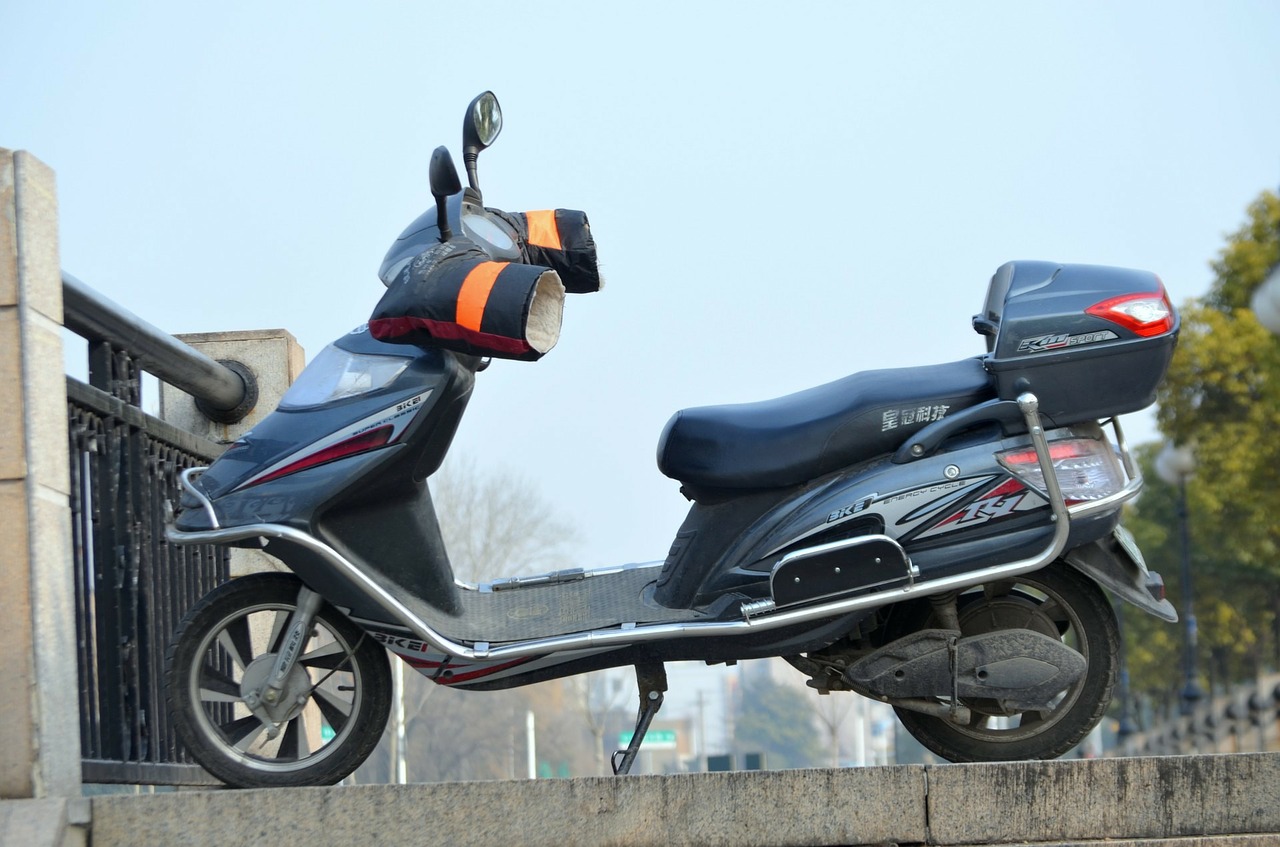Are scooters with electric drive a chance for cleaner air and less congestion in German cities? While they are part of the streetscape in Scandinavia, the necessary rules have yet to come into force here. Bamberg could make a start.
While the older woman stops anxiously at the roadside, other cyclists look after the young man with the green scooter quite envious. On the wide bike paths of Copenhagen, he takes twice the momentum, then he overtakes most of those who travel by bicycle thanks to his electric drive.
If you want to gain an insight into the possible future of mobility in German inner cities, then Copenhagen is the place for you. Or in Antwerp, where electric scooters have become as popular in the cityscape as in Paris, Malmö or Vienna. And in Germany?
Transport Minister Scheuer wants to allow e-scooters
Federal Transport Minister Andreas Scheuer (CSU) wants to allow electric scooters and sees in addition to public transport a real additional alternative to the car. The aim is that the necessary regulations, after examination in Brussels and the approval of the Federal Council, come into effect in the spring. From then on, the model E-scooter should also make school in Germany – and according to clear rules.
These electric cars already exist or will be published soon. Small and nimble is the Cityhopper E-Up. With its price of over 25,000 euros, the model is a lot more expensive than the starting price of the normal up. With an 82-horsepower engine, the car is also equipped more powerful but for a microcar, the price remains extremely steep.
The e-scooters should be treated legally as bicycles. With a top speed of 20 kilometers per hour, they should ride on bike paths if there are none, the roadway may also be used. At less than twelve kilometers per hour, the companions are on sidewalks and common walking and biking trails, only in the city if necessary, the roadway. A helmet duty is not planned, but obligatory an insurance sticker, light, bell and two brakes.
Tier Mobility wants to offer e-scooters throughout Europe
Until the entry into force, the Germans currently only have the opportunity to look abroad. In many places, several providers are already competing with each other, often including the Berlin startup Tier Mobility, the Stockholm company Voi and the Californian companies Bird and Lime. The trend began in San Francisco, meanwhile, the small vehicles can be rented in dozens of European cities. Other possible locations like Oslo are negotiating with providers about cooperation. And where there are scooters, other companies want to gain a foothold. The market is growing.
The German provider Tier wants to be active in 50 to 100 cities by the end of the year. “We want to be present in all relevant cities in Europe,” says CEO Lawrence Leuschner. The startup would have liked to see its e-scooters first in Germany. But because there were no regulations, they looked first in other countries – and was in Austria.
“Vienna was very open to admitting alternative vehicles. The infrastructure for this is very good, “says Leuschner. The same applies to the far north of Europe. “Scandinavia is a very exciting market. Especially Denmark and Copenhagen are interesting. They have good bike paths and are very open to alternative mobility concepts. “Voi spokeswoman Carro Hjelm sees it similarly:” Copenhagen has a great infrastructure with large bike paths and plenty of space for other modes of transport than cars, “she says.

